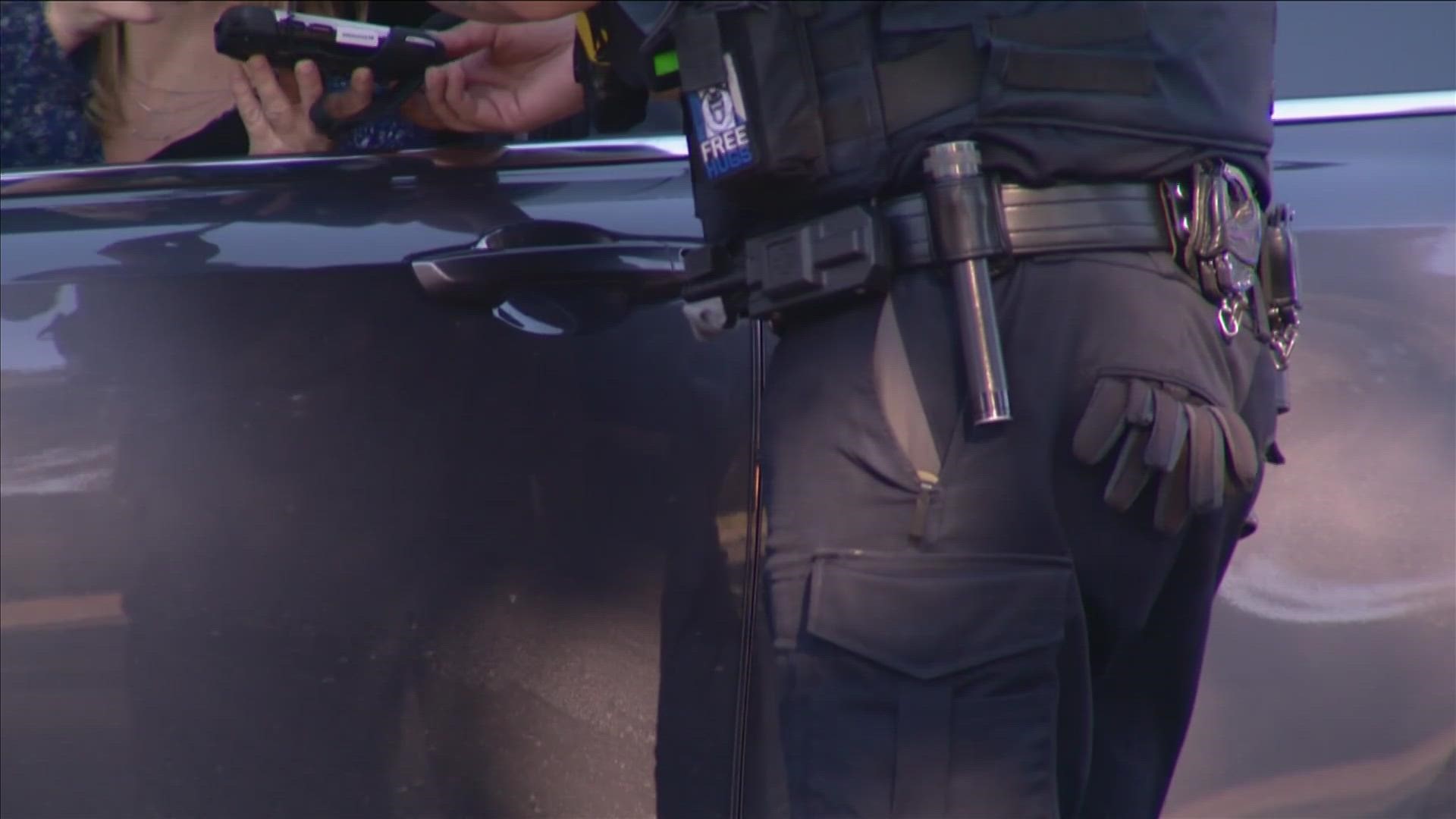MEMPHIS, Tenn. — There is a process for filing complaints with Memphis police, but what happens after those complaints have been filed?
Here is a look at the process, those who have tried to track complaints and a national organization that came up with their own solution:
Over the past few years, the calls for justice have also been calls for transparency.
“The internal affairs process is confusing and mysterious,” said Murray Wells, Wells & Associates Attorney.
Wells has tried cases involving the Memphis Police Department (MPD) in the past. When it comes to tracking officers’ complaint history, it is challenging.
“It’s been difficult or has been difficult for us to obtain information about previous reports of officers,” said Wells.
In one case, Wells said he had to request the actual sign-in book to prove a client filed a complaint.
“There has been some progress in software tracking as I understand it. I don’t fully understand what they do, but they don’t share it with us,” said Wells. “There should be a way to at least note the number of complaints.”
According to MPD’s policies and procedures, “Line supervisors must complete a 'Workstation Complaint Form' EVERY TIME a citizen makes any complaint regarding MPD officers and personnel.”
“We found out that many of the complaints are sometimes just thrown away or they just go missing,” said Dr. Jiovanni Felton.
Felton helped start "MissinPeace," a national database that tracks police complaints.
“We went to police precincts, and they do have they have a database, but it's run by police,” said Felton said.
With the app, anyone who files an official complaint with a precinct can upload it along with video, photos and officer information.
“It makes it easier for people to feel secure about making a complaint,” Felton said. “It's unfortunate again, that you know we have to see all of these incidents happen … just to get this type of information to the public. It shouldn't be needed, but it is needed.”
The concept represents a policing of police.
“They have to hold themselves equally responsible for their behavior," Wells said. "The best way to do that is to create a file. Every citizen has a criminal history file. Every citizen has this file for every time they were arrested even if the charges were dismissed. They’re still on the record. Even if they were found not guilty, that record generally exists. Why not the same for the other side of law enforcement?”

